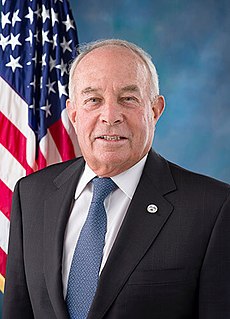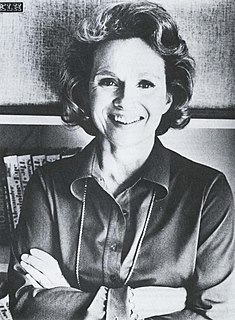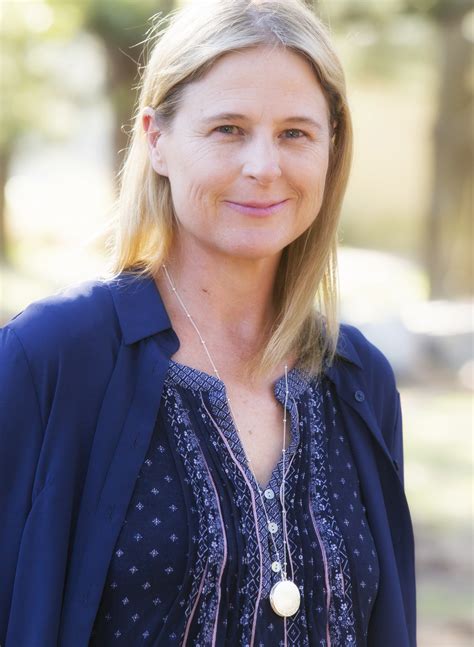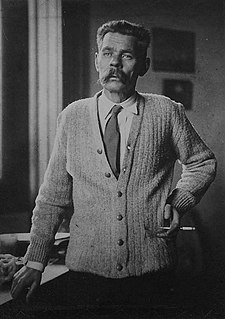A Quote by Andrew Saul
A doctor's authority in America often exceeds his or her knowledge. Whole bodies of knowledge in healing are ignored because they are unorthodox and non-medical. A doctor's education seems exhaustive, yet MDs study so much about drugs and surgery - and so little about nutrition, fasting, herbal remedies, spinal manipulation, massage, vitamin and mineral therapy, homeopathy, and more - that we realize their qualifications are incomplete.
Related Quotes
It seems to me that your doctor [Tronchin] is more of a philosopher than a physician. As for me, I much prefer a doctor who is anoptimist and who gives me remedies that will improve my health. Philosophical consolations are, after all, useless against real ailments. I know only two kinds of sickness--physical and moral: all the others are purely in the imagination.
I hate those TV shows where characters talk about one thing, such as their patient on the operation table (let's say they're a doctor), then you realize they're actually talking about actually talking about themselves. The patient's open-heart surgery is nothing compared to their own messed-up heart or whatever. It's selfish. And means they're not concentrating, which is medical negligence.
I always worry that I'm a dilettante: I know something about lots of things but don't have exhaustive knowledge of much. Take dance music: I like enough of it and its history to be able to say a word or two about this or that record, but I'm nobody's authority. I couldn't name more than a couple of good drum'n'bass acts, and I have no idea what's big in the dance world right now.
I have a good black friend who is a doctor, but he didn't become a doctor because he saw other black men who were doctors. He became a doctor because his mother cleaned office buildings at night, and because she loved her children. She grew bowlegged from cleaning office buildings at night, and in the process she taught him something about courage and bravery and dedication to others.
Artemis: (shocked) Why, Doctor? This is a sensitive area. For all you know I could be suffering from depression. Doctor Po: I suppose you could. Is that the case? Artemis: (head in hands) It's my mother, Doctor. Doctor Po: Yes? Artemis: My mother, she... Doctor Po: Your mother, yes? Artemis: She forces me to endure this ridiculous therapy when the school's so-called counsellors are little better than misguided do-gooders with degrees.
It can be tempting to blame others for our loss of direction. We get lots of information about life but little education in life from parents, teachers, and other authority figures who should know better from their experience. Information is about facts. Education is about wisdom and the knowledge of how to love and survive.



































